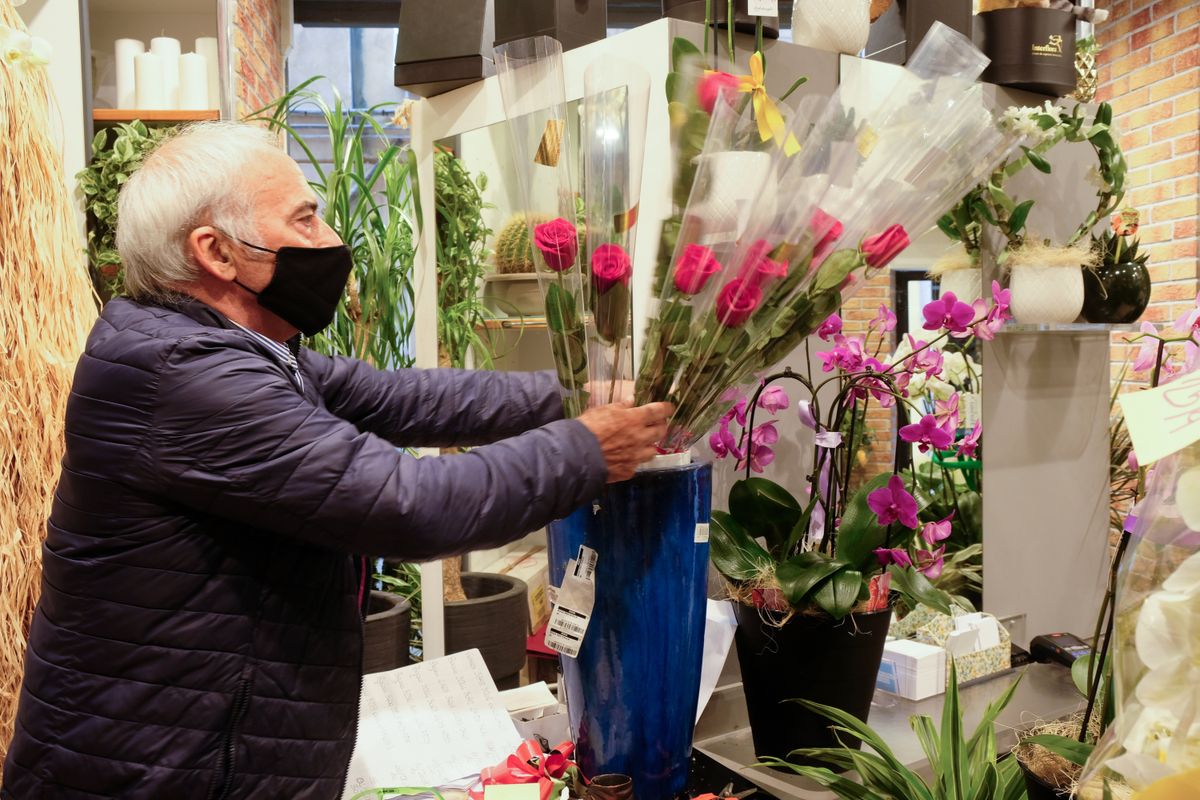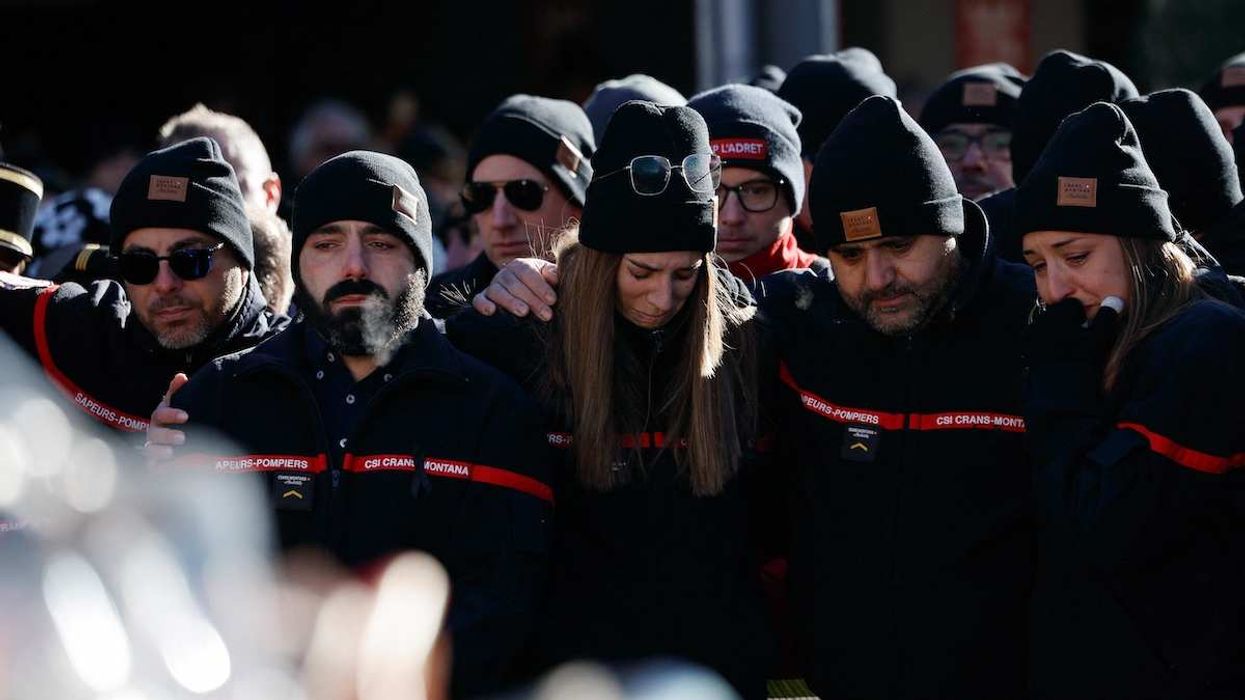Just weeks ago, Europe was the global epicenter of the COVID-19 pandemic. Now some of its hardest hit countries are cautiously reopening their economies after nearly two months of lockdown. Beginning this week, Italy is allowing some factories and construction sites to start up again, while Spain is allowing hairdressers and other small businesses to reopen, and Germany is starting to send kids back to school. France is also planning to ease its own lockdown this week.
Political leaders in these countries have faced the acute first phase of the outbreak. But now they'll grapple with the economic and social shocks it has left behind, while trying to avoid a large-scale second wave of infection. Here's a look at the political context each government faces.
Italy: Salvini waits in the wings
Authorities in Europe's hardest-hit country won praise for their handling of the first phase of the crisis. But since then, bottlenecks in economic assistance for companies and workers, and sloppy messaging about the reopening plan, have dented their support. That's great news for populist opposition leader Matteo Salvini, whose popular Lega party has been out of government since his botched bid to force early elections last year. An economic crisis, a fresh rise in migrant arrivals from Libya, and uneven support from Brussels will all provide fertile ground for his anti-immigrant and euroskeptic messages. Fresh elections aren't likely until next year, but count on Salvini to make the most of that time.
Spain: Squabbles over spending
Tensions between Prime Minister Pedro Sánchez's center-left Socialist Party and his far-left coalition partners in Podemos may well deepen as debates rage over how to maximize support for a devastated economy without racking up debts that make it harder for Madrid to raise money abroad. Another headache: Catalan separatist leaders have seized on the pandemic to reignite the argument that their wealthy, industrialized region would be better off independent. Their cause won't advance in the middle of a pandemic, but it will add to Sánchez's political troubles as he carefully manages a phased reopening.
France: Can Macron Reinvent Himself?
President Macron's early, decisive lockdowns gave his dwindling approval ratings a 14-point boost to 44 percent. But they're back in the 30s again amid shortages of PPE and testing, as well as poor messaging about public health guidelines. Macron doesn't face re-election until 2022, but to position himself well for that vote he'll have to persuade voters that the ambitious young reformer of 2017 has become a mature leader and effective crisis manager. In addition, he has staked his political reputation on strong support for a reinvigorated EU. If Brussels drops the ball on the pandemic aftermath, Macron will pay for it at home.
Germany: Will Merkel go out on top?
Chancellor Angela Merkel's government has handled the COVID crisis better than any other large country in Europe, with swift action and widespread testing. Her approval rating is in the 80s, an astounding number for a democratically elected leader who has led her country through three crises in 12 years. But Merkel, who favors an ultra-cautious reopening, faces tremendous pressure from business groups and local governments who want her to move faster. Merkel still plans to step down next year. How well she manages the recovery and reopening will determine Germany's near-term path as well as her own long-term legacy.


















